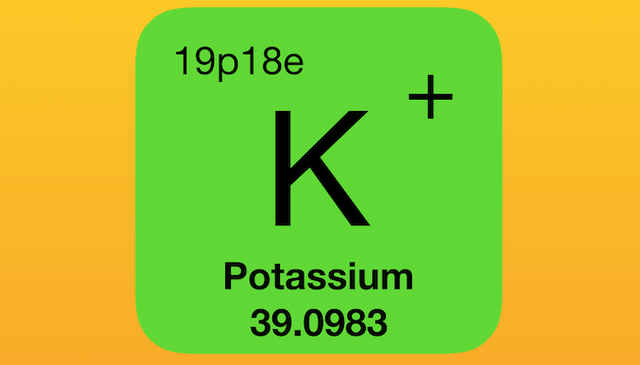
There are many causes for hypokalemia. However, all causes of a low potassium concentration in the plasma follow the same rule which is that they are caused processes that remove the potassium from the extracellular (outside the cell) space or that decrease overall total body potassium by having more losses than intake.
A. Increased Potassium losses.
Whenever a person loses excess fluids either by producing too much urine (which occurs when a person takes diuretics) or suffering from diarrhea, potassium is lost. The body senses the loss of potassium in the extracellular space and to compensate for it, potassium moves from inside the cells to the outside environment. If the losses through urine and diarrhea continue, more potassium will be lost. If the lost potassium is not replaced by oral intake or intravenous treatment, the concentration of potassium will continue to decrease. At the same time, hormones that promote potassium secretion by the kidney reduce their activity, in an attempt to preserve potassium. The fact that the concentration of potassium in the plasma reaches levels below 3.5 mEq/L means that the mechanisms for preservation of potassium have been overridden by the losses.